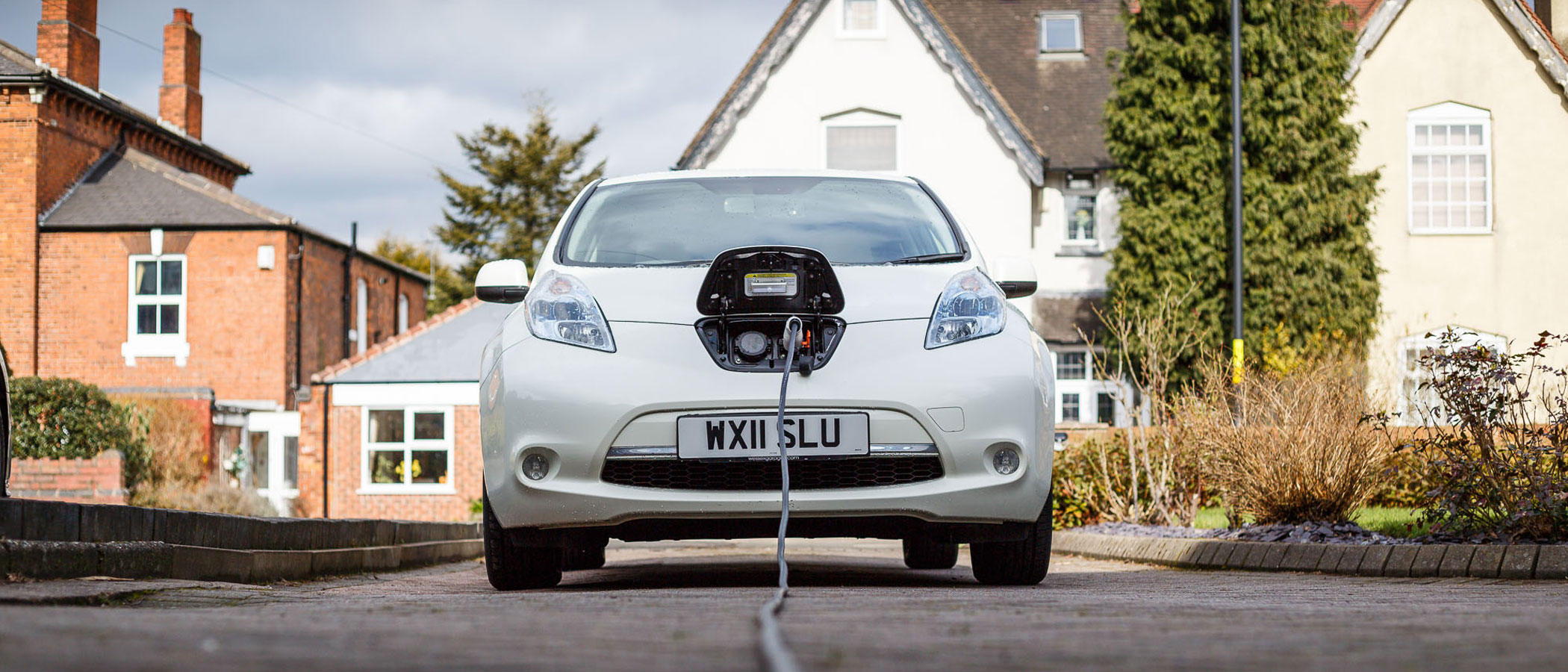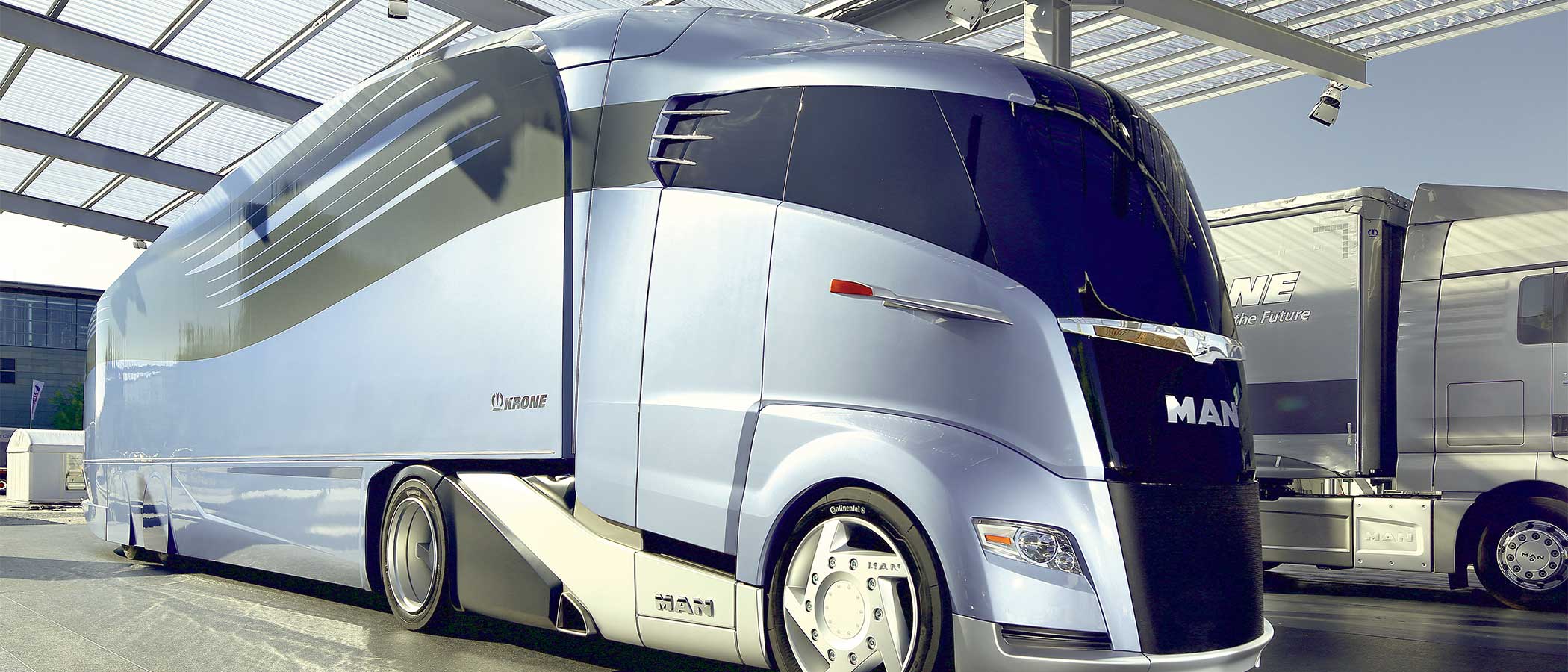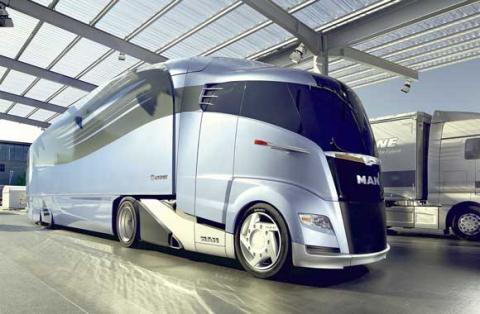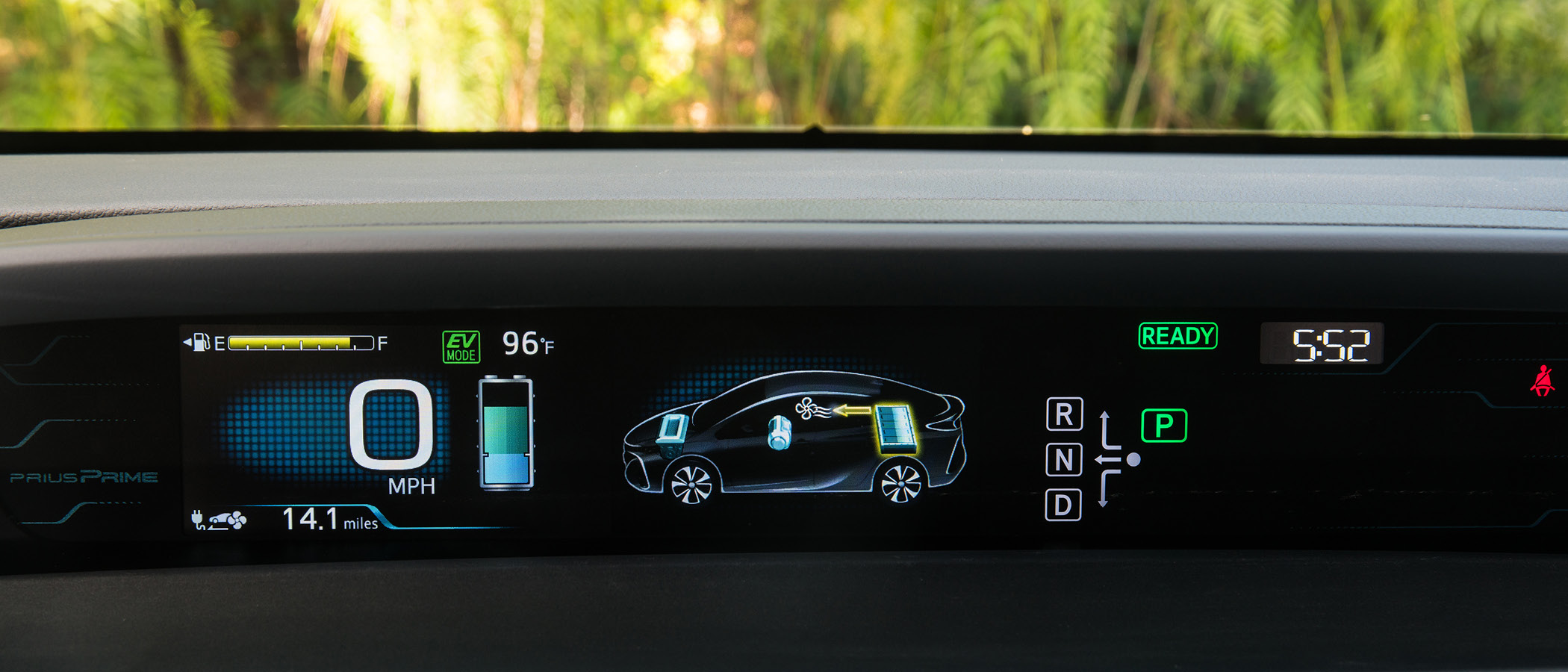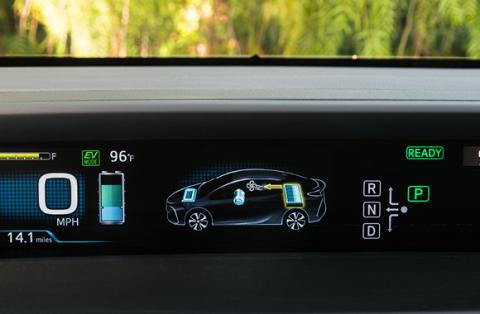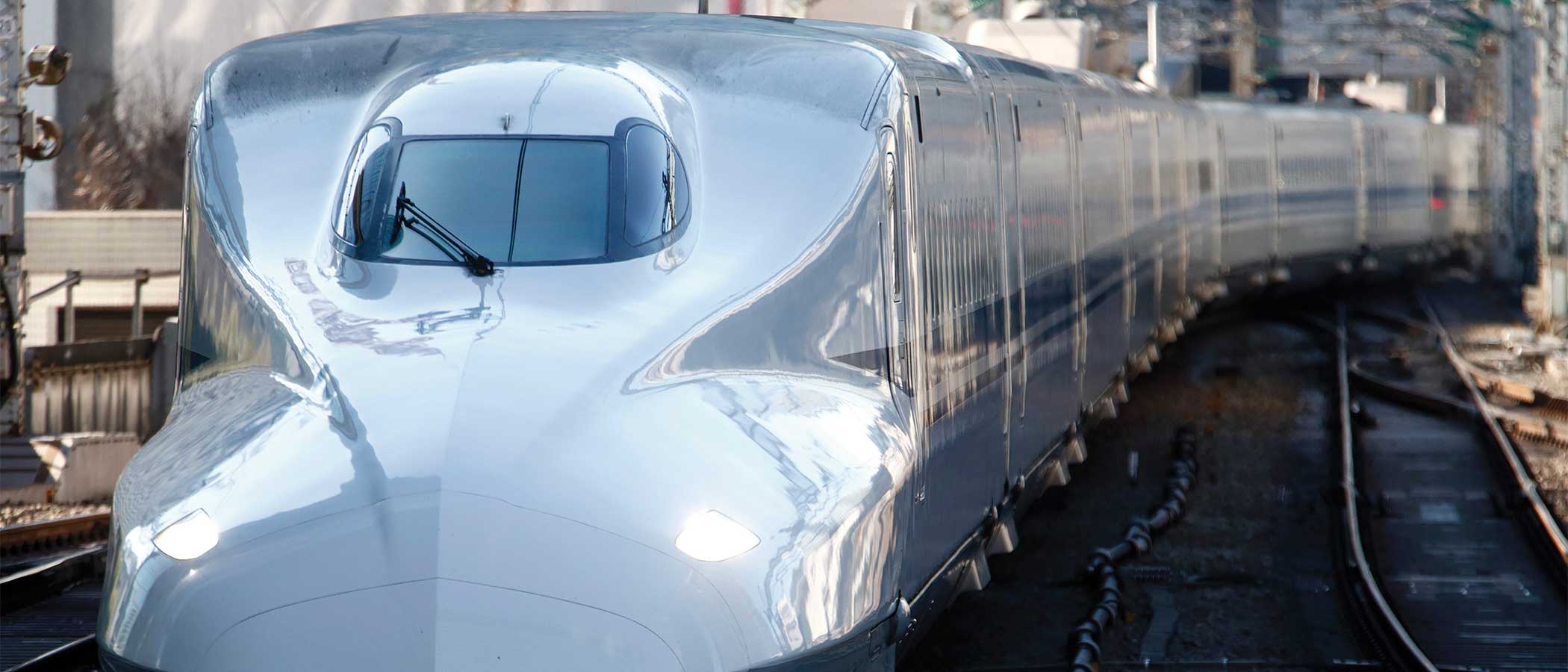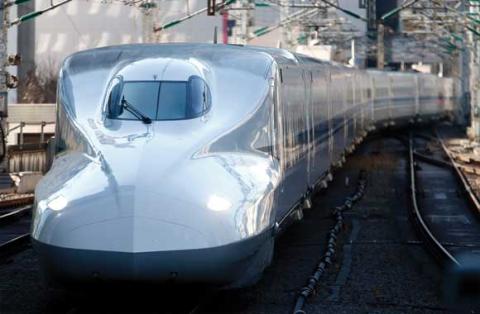Clean Cooking
If you use fuels such as wood, charcoal, dung, or crop residues for cooking, shift to clean stove stacking—a suite of electric, gas, and biomass options—instead of relying on one type of stove for all cooking needs.
Encourage your government to prioritize clean cooking initiatives in communities experiencing a high amount of household air pollution and adverse health impacts from the use of traditional cookstoves and lack of access to clean cooking.
Learn more about how adopting clean cooking fosters impressive human well-being co-benefits, particularly for women and girls, in Climate–Poverty Connections: Opportunities for synergistic solutions at the intersection of planetary and human well-being.
Clean cooking reduces household air pollution by reducing harmful emissions of particulate matter.
Clean cooking can increase household incomes as household members use time formerly spent gathering fuel on economic activities.








